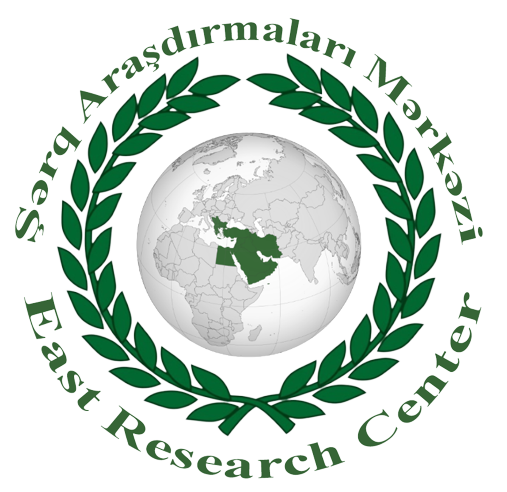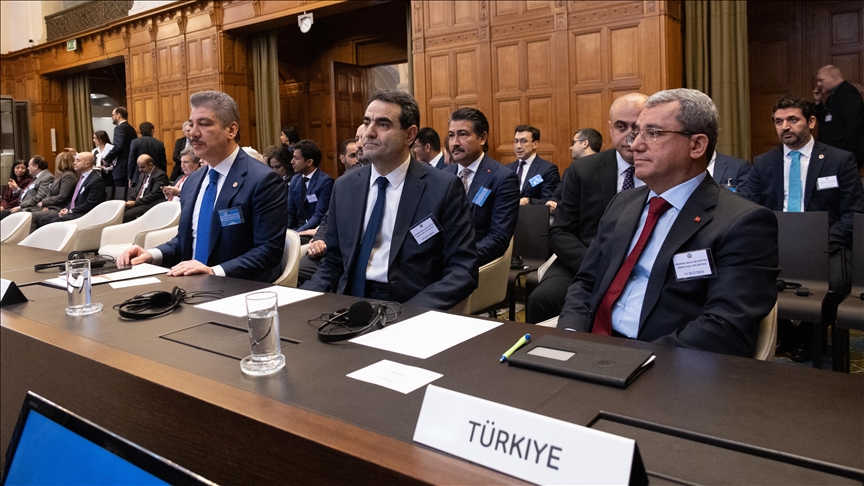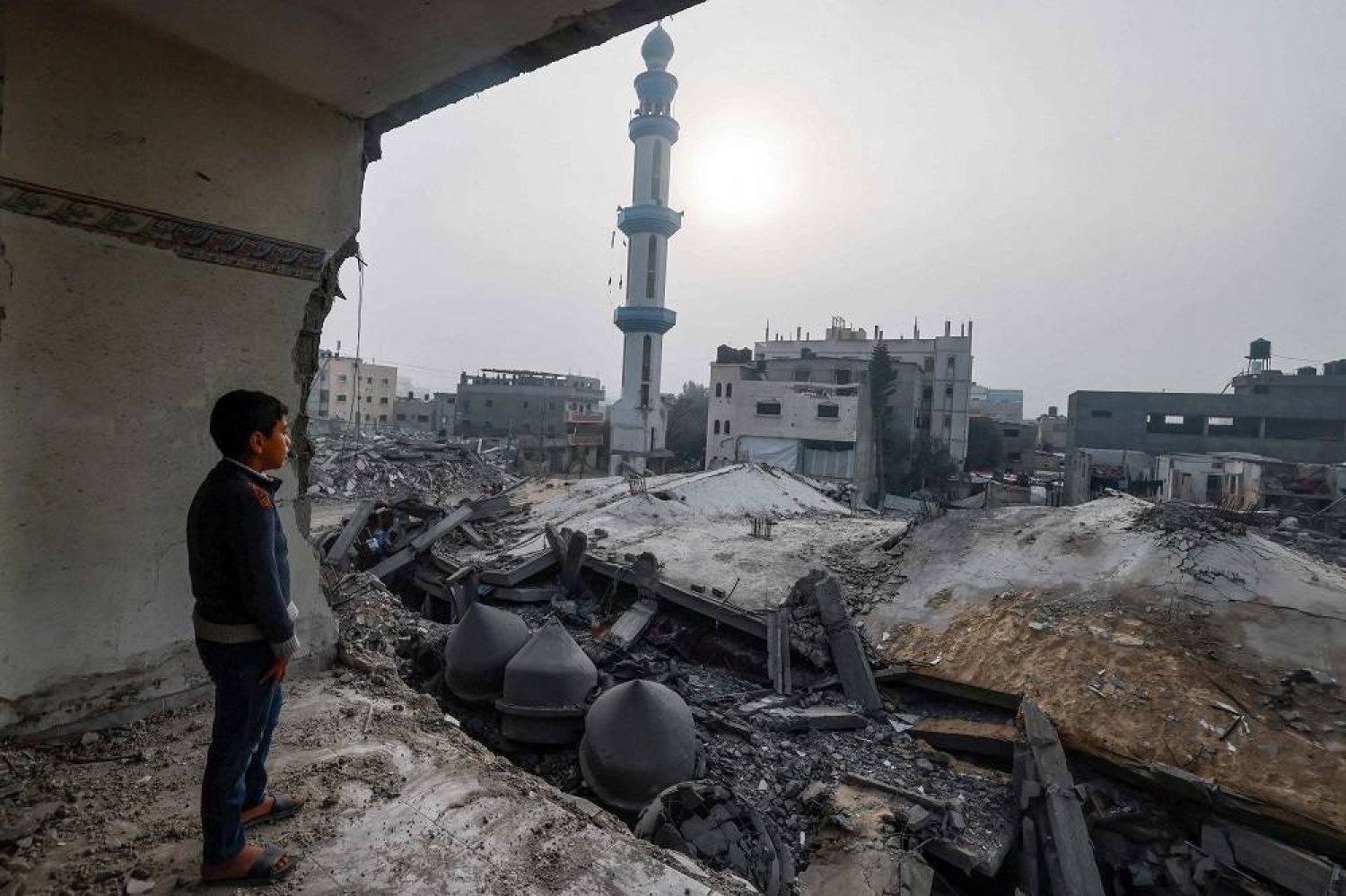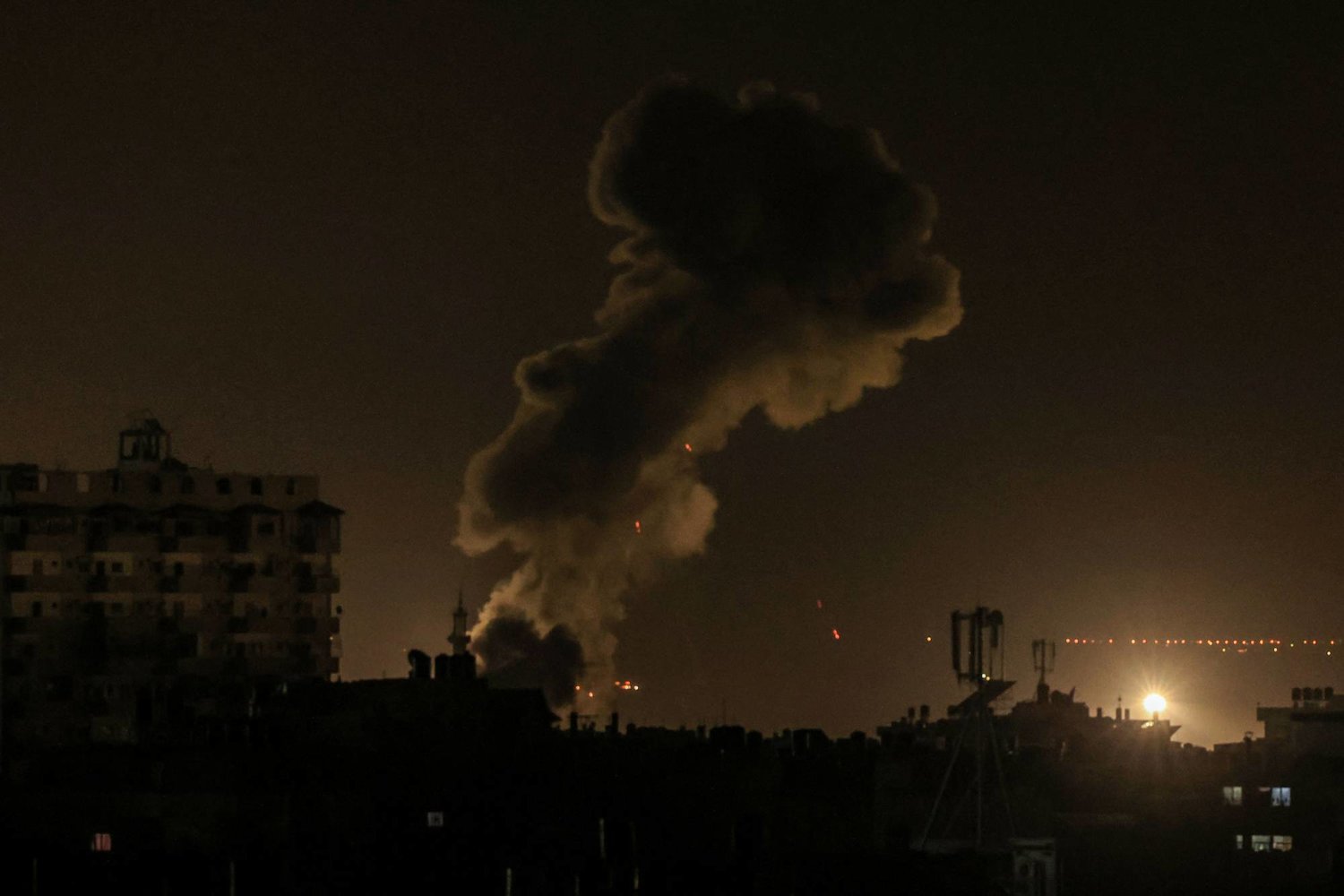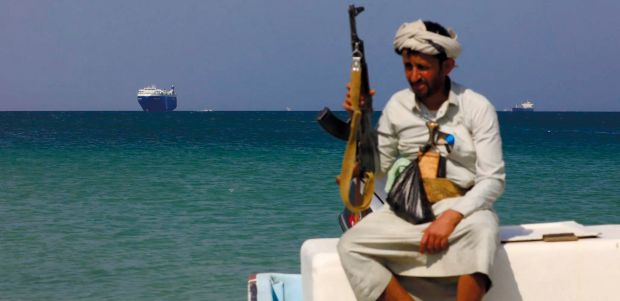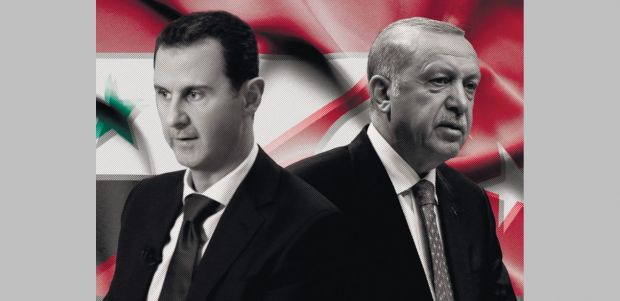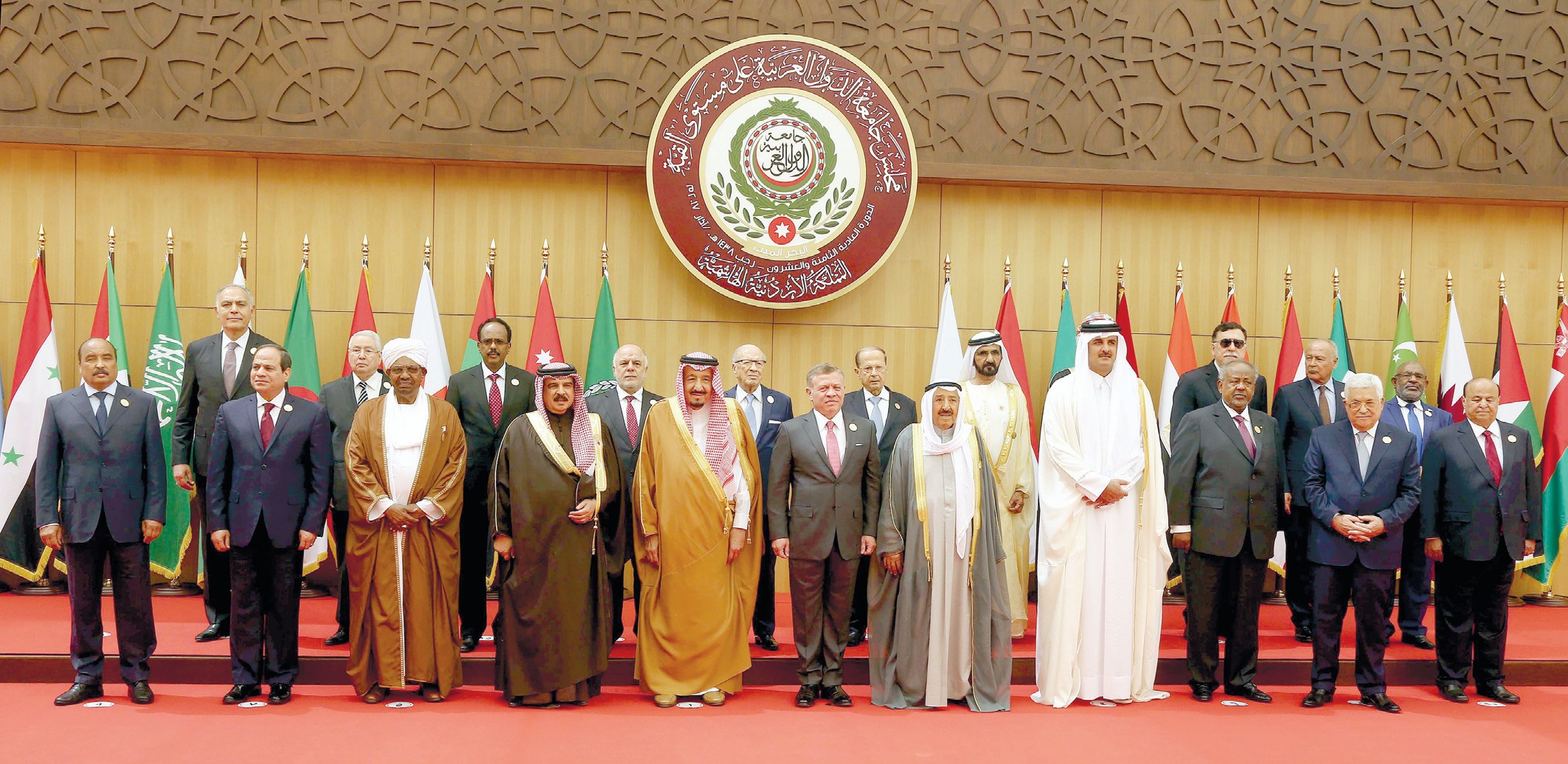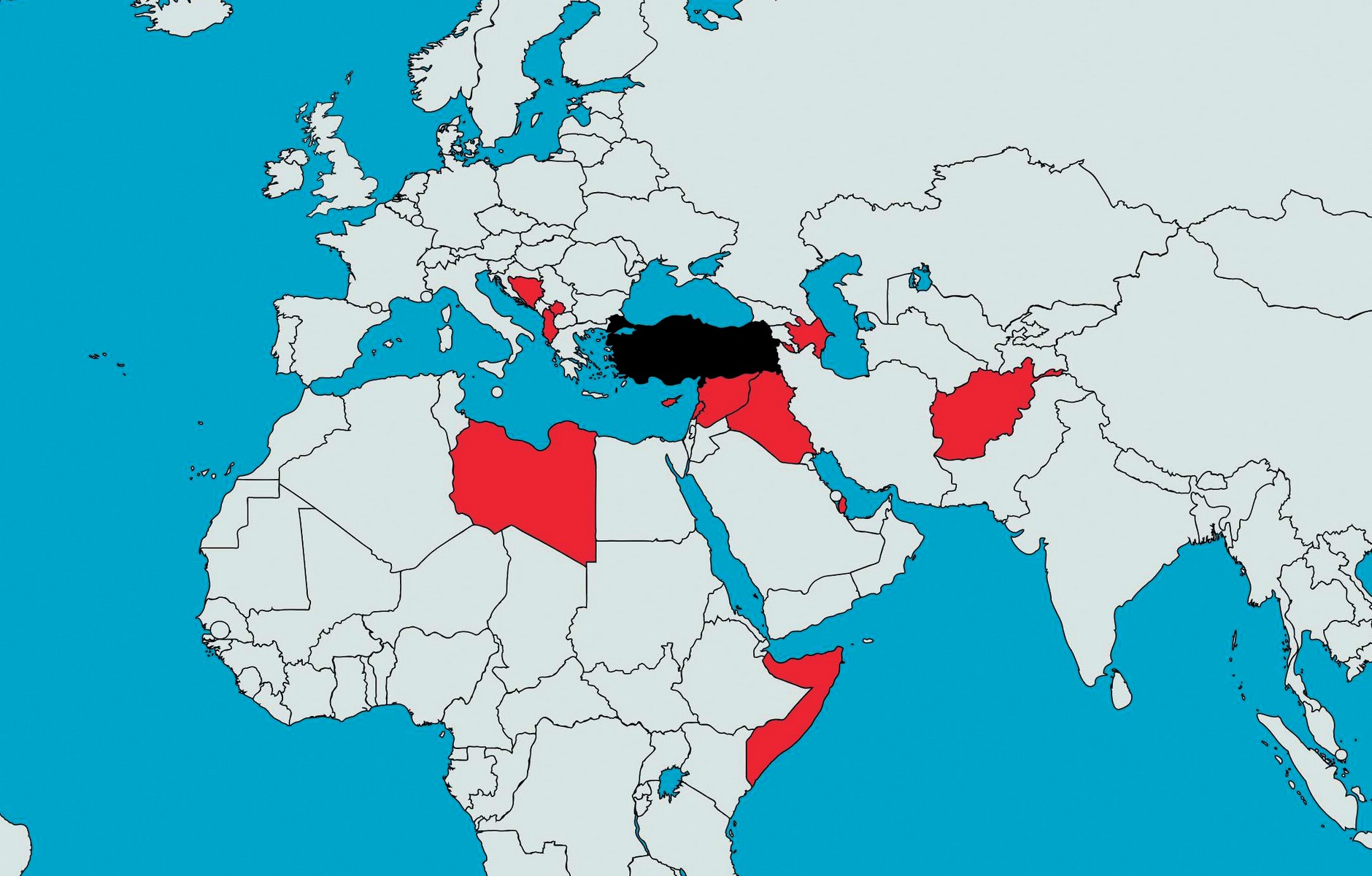
After the War of Independence that led to the foundation of the Turkish Republic as we know it today, Turkey has been extremely cautious in its foreign policy for both geographic and political reasons.
Until the 1980s, the Turkish army only twice took part in military campaigns abroad - during the Korean War in 1950 and as part of the peacekeeping operation in Cyprus in 1974. Since the issue of Cyprus has not found political solution to this day, a large contingent of Turkish troops (about 40,000 servicemen) are still on the island.
In the late 1970s - early 1980s, Kurdish separatist groups emerged in Turkey, Syria and Iraq. To combat them, the Turkish army has carried out dozens of operations outside the country since 1983.
However, neither the 1974 events in Cyprus, nor the operations against the Kurdistan Workers' Party (PKK) were a struggle for the regional interests of Turkey. The main reason in both cases was to eliminate immediate threats to the country's security and protect the Turkish minority living in the regions bordering Turkey.
Challenges of the 21st century
Turkey is no longer what it was in the 20th century. Over the past four years, Ankara has been actively participating in regional military-political processes, playing an increasing role in the Middle East and Africa.
On August 24, 2016, just 40 days after the attempted coup in the country, Turkey sent troops into Syria, launching a military operation against ISIS and Kurdish militants. Turkey's first major overseas military campaign was the Operation Euphrates Shield, which lasted five months. Over the next three years, Turkey conducted two more operations in Syria: Olive Branch and Peace Spring.
Incidentally, Turkey considered proposals for a military intervention in Syria back in 2012. But then Ankara did not take such a step, for allies prevented it, as well as due to the circumstances in the country's domestic and foreign policy. Final decision to launch military operations against ISIS and PKK abroad was made in rather difficult conditions of 2016, when both terrorist organisations conducted periodic terrorist attacks in almost all regions of Turkey, including Ankara, while the terrorist organisation FETÖ tried to organise a coup.
In other words, the time has come for the transition from defensive tactics to military action. Strategists of the ruling Justice and Development Party (AKP) believed that long-term defensive tactics turned Turkey into a closed state and it was time to abandon this policy in favour of an offensive one. It was assumed that a rapidly developing Turkey might be more fortunate if it confronts its rivals not on its territory, but outside, in different parts of the vast, colourful and so heterogeneous Middle East. The most striking example of such tactics was Iran. Immediately after the failed FETÖ coup attempt on July 15, 2016, Turkey decided to begin the ‘game’ outside its borders.
It should be remembered that the Turkish army, even after operations in Korea, Iraq and Cyprus, actively participated in international coalitions in the Balkans, Lebanon (2007), Afghanistan, as well as during the elections in Congo (2006). However, all these operations were limited to the framework of international coalitions. Now the situation is different. Turkey is an active participant of the military-political process, a key player at the negotiating table. Thanks to its offensive tactics Turkey, which until 2016 was considered a ‘backyard’ of international coalition forces in Syria, has become one of the main military and political players in the Middle East. Now all participants have no choice but to accept the new rules of the ‘game’.
Operation Euphrates Shield in Syria lasted 216 days and ended on March 29, 2017 with the liberation of almost 5,000 sq. km of the northern Syrian territory from terrorists between the settlements of Aziz and Jarablus. The operation claimed the lives of 67 Turkish servicemen and 600 fighters of the Free Syrian Army (FSA), who killed about 3,000 terrorists. In the autumn of 2017, the Turkish army, together with the Syrian opposition forces, began monitoring the liberated areas.
Turkey's second operation in Syria, the Olive Branch, began on January 20, 2018 in the Kurdish-controlled Afrin region. As a result, on March 18, Afrin was taken and transferred under the control of FSA. During the operation, 46 Turkish soldiers and 3,603 terrorists were killed.
Turkey's third military campaign in Syria took place in the Kurdish-controlled north-eastern regions of the country. The operation, which began on October 9, 2019, was named the Peace Spring and ended with the liberation of a significant part of the Syrian-Turkish border from Kurds.
As a result of another military operation in Idlib, carried out in February 2020, Turkey has become an active player in Syria. It showed that it was capable of exerting actual influence on the military-political opposition in the country (especially in its northern regions), and has established full control over these territories. Therefore, the US, Russia and Iran have to consider Ankara's opinion and negotiate with it.
Libyan campaign
Turkey is currently playing the most active role in another Middle Eastern conflict in Libya. A military cooperation agreement signed with the Government of National Accord (GNA) of Libya on November 28, 2019, allowed Turkey to send a limited number of military instructors to the country. So, on January 2, 2020, the Turkish parliament approved a draft resolution on sending Turkish military instructors to Libya. Soon, in accordance with the decision, Turkey began to transfer instructors and equipment for the GNA forces in Libya. In a short time, Turkey's support affected the situation at the front-line: by the end of May, the forces of General Khalifa Haftar had lost their positions around Tripoli. Currently, the GNA forces are around the port city of Sirte and the city of Jufra, located in the centre of the country.
It is difficult to predict the end of Turkish military-political campaign in Libya. But it is important to note that Ankara is currently one of the leading parties to the Libyan conflict, making the leading countries of the world to consider its position. If the Libyan campaign succeeds, Turkey will become the main centre of power in the Eastern Mediterranean.
Currently, Turkish military bases are deployed in more than 10 countries on three continents. The largest of them is located in North Cyprus. Turkey retains about 40,000 servicemen on Cyprus for security reasons.
Another Turkish military base outside the country is located in Somalia (c. 2,000 Turkish troops). In addition, a military school and training courses for the training of lower officers are located in Mogadishu under the supervision of instructors of the Turkish army.
According to some estimates, Turkish military contingent of 5,000 servicemen is deployed at 12 points to control the ceasefire in the Syrian province of Idlib. And in neighbouring Iraq, an additional 2,500 Turkish troops are reportedly stationed. At about 10 bases, the Turkish military mainly trains and instructs Iraqi tribes in the fight against ISIS. Despite the conflict between Baghdad and Ankara over the largest training camp, Bashik, the Turkish army still maintains a presence in Iraq.
In addition, it is believed that the Albanian naval base Pashalimany on the coast of the Adriatic Sea is home to 24 Turkish army personnel. Turkish military ships Sokullu Mehmet Pasha and Akcakoca are currently anchored off the coast of Albania in the Adriatic Sea as part of the NATO operational fleet.
In Lebanon, 100 Turkish soldiers are serving as part of the UN peacekeeping mission. 300 Turkish soldiers serve in Qatar, which is Turkey's closest ally among the Arab countries. Although an agreement on military cooperation between the two countries was signed earlier, Turkey sent its contingent to Qatar only after the Gulf countries declared a blockade of Qatar in 2017. After this step, statements about a possible military coup in Qatar died down. 4,000 Turkish military personnel are stationed at the Ar-Rayyan military base, which is under the control of the Turkish army in Qatar.
Bosnia and Herzegovina and Kosovo have 250 and 400 Turkish troops, respectively. There are 2,000 Turkish troops in the NATO mission in Afghanistan, and another 17 in the Congo. In addition, it is reported that Turkish troops are also present in Sudan, Georgia and Azerbaijan. They are also part of international missions in Mali and the CAR.
There is no exact information on the number of the Turkish contingent in the recently launched military campaign in Libya. Currently, in percentage terms, the Turkish army is second after the United States in terms of the number of troops abroad. So, in 2016, 13.2% of the active forces of the Turkish army were outside the country.
Thanks to this policy, Turkey has considerably weakened the positions of terrorist groups supported by foreign states inside Turkey. Anti-terrorist operations are periodically conducted in the country with the terrorist cells destroyed. Unlike five years ago, one of the intensely discussed topics in Turkish political agenda is military campaigns in the region, not the domestic situation. Ankara becomes an increasingly popular venue for discussions of regional issues among the military and political leaders from the US, EU, Russia and other countries, who visit the capital more often than before. This is a major change in the situation compared to the situation some five years ago.
Ankara has serious competitors both in the Middle East and abroad. Although Ankara is now more experienced in foreign operations, it is worth mentioning that big politics also means serious risks.
